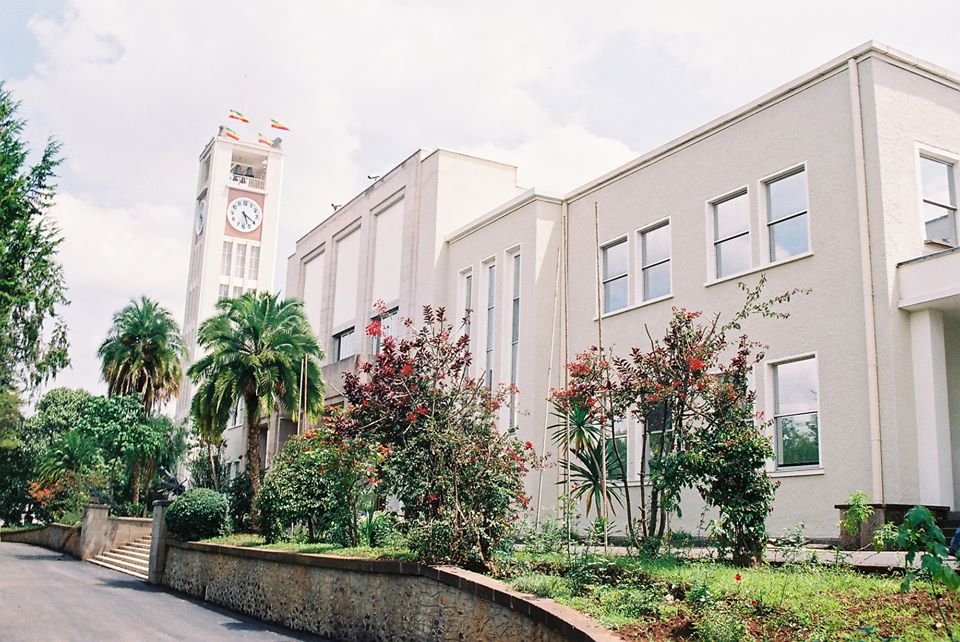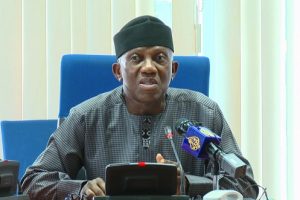
The word parliament, according to the available numerous sources, originally derived from the Old French Parlement which meant ‘speaking’ and likewise, from the Latin parliamentum. The word was used in the 13th century to describe afterdinner discussions between monks in their cloisters. In 1239, the English Benedictine monk Matthew Paris of the Abbey of St. Albans applied the term to a council meeting between prelates, earls, and barons.
The history of the development of parliament system traces back the 13th century, to its early commencement, when the sheriffs of English counties sent knights to the king to provide advice on financial matters. The 1295 Parliament, also known as the model parliament, is widely regarded as the first representative parliament. In 1430, the English Parliament divided electoral constituencies to the House of Commons into counties and boroughs. In the 17th century, parliament became a revolutionary body and the centre of resistance to the king during the English Civil Wars (1642–51). By the late 17th century, the power of the monarch had declined, and the relationship between the Lords and Commons had shifted in favour of the Commons. Nowadays, in the England Parliament, each session of Parliament is opened with a speech by the monarch from the throne in the House of Lords in the presence of members of the House of Commons.
The speech, written by the government and handed to the sovereign by the Lord Chancellor, contains a list of proposals that the government intends to introduce in the upcoming parliamentary session. The practice of parliament overseeing the performances of the executive and judiciary has now become world-wide. Many countries are entertaining it. In Canada, for instance; the 301 members of its House of Commons are elected for maximum terms of five years from the provinces on the principle of representation by population.
The 105 members of its Senate are appointed by Canada’s governor-general from the regions of Canada and serve until age 75. Parliament has authority over the armed forces, regulates trade and commerce, levies taxes, and is in charge of banking, credit, currency and bankruptcy, criminal law, postal services, fisheries, patents and copyrights, the census, navigation and shipping, railways, canals, and telegraphs. It also retains powers not specifically assigned to provincial legislatures.
The leader of the party winning the most seats in a general election becomes prime minister and is called on by the governor-general to form a government. He/she generally chooses elected party colleagues to form the cabinet. In Ethiopia, parliament is a very recent structure of government. It started during the reign of Emperor Haile Selassie, as a lesson from other countries, particularly from that of England and the USA. Obviously, the military regime of Mengistu Haillemariam gave no emphasis to the Parliament related issues due to its one party governed system with a socialist ideology. The contemporary Parliament of Ethiopia, more or less, is in bigger resemblance with the Parliament systems of countries mentioned above. In addition to formulating laws, it also oversees national issues of great importance.
For instance, enabling Ethiopia to join the WTO is a mandate of the parliament along with other Federal authorities like the Ministry of Trade. Hence, what measures shall it take to facilitate the process is a question lying at the centre. WTO is, luckily, an organization that considers the role of parliaments by and large. As a result, the Ethiopian Parliament shall show the full potential of Ethiopia in becoming the member country of the organization.
Ethiopia is a vast country that has been harbouring products of any type from all over the world to be dealt in its domestic market. Ethiopia’s interdependence with major economies of the world is a point that attracts the WTO, for sure. Usually, WTO holds parliamentary conferences and sessions. It does so with the Inter-Parliamentary Union, the European Parliament and with others on regular basis. The aim of the Parliamentary Conference on the WTO is to “strengthen democracy at the international level by bringing a parliamentary dimension to multilateral cooperation on trade issues”, according to WTO’s stand. In this regard, the Conference provides legislators with the opportunity to examine developments in the WTO, obtain first-hand information on the state of multilateral trade negotiations, and consider a possible parliamentary contribution to these multilateral processes. The Ethiopian Parliament is also expected to be part of the WTO-Parliament relations. It can learn various lessons which could help the country to prepare itself for the long-awaited membership when the time comes. This was a clear quest forwarded from Anna Varyanik, Legal Affairs Officer of the Accessions Division of WTO, during a recent discussion conducted between the Ethiopian Parliament and the WTO.
Apart from points mentioned earlier, the Ethiopian Parliament is expected to legislate trade laws that conform to international trends. Any law that lacks such a sense may become a hindrance or a retarding block for the hitherto efforts conducted. Hence, strong, transparent and sophisticated decrees of international trade issues remain to be the full assignment of the parliament in its efforts to enable the nation joins the organization. On top of all these, the parliament is there to disseminate information regarding its interactions with the WTO.
The information delivery will help all sides involved in the case to play their roles best on their respective grounds. This aspect may also be extended as awareness creation. The parliament raises awareness on such major national endeavours, being bonded to its roles.
As a result, the Ethiopian Parliament shall sensitize citizens and inform them about its engagements with the WTO. Let alone countries like us in a pending request for membership, parliaments of the WTO member countries are in a position to approve the agreements struck by negotiators in Geneva. Parliamentarians also play the important role of enhancing the transparency of the multilateral trading system and help citizens better understand WTO rules so that they may benefit from them more fully.
The Ethiopian Herald April 10/2020
BY ASRAT ADDISU (House’s writer)



